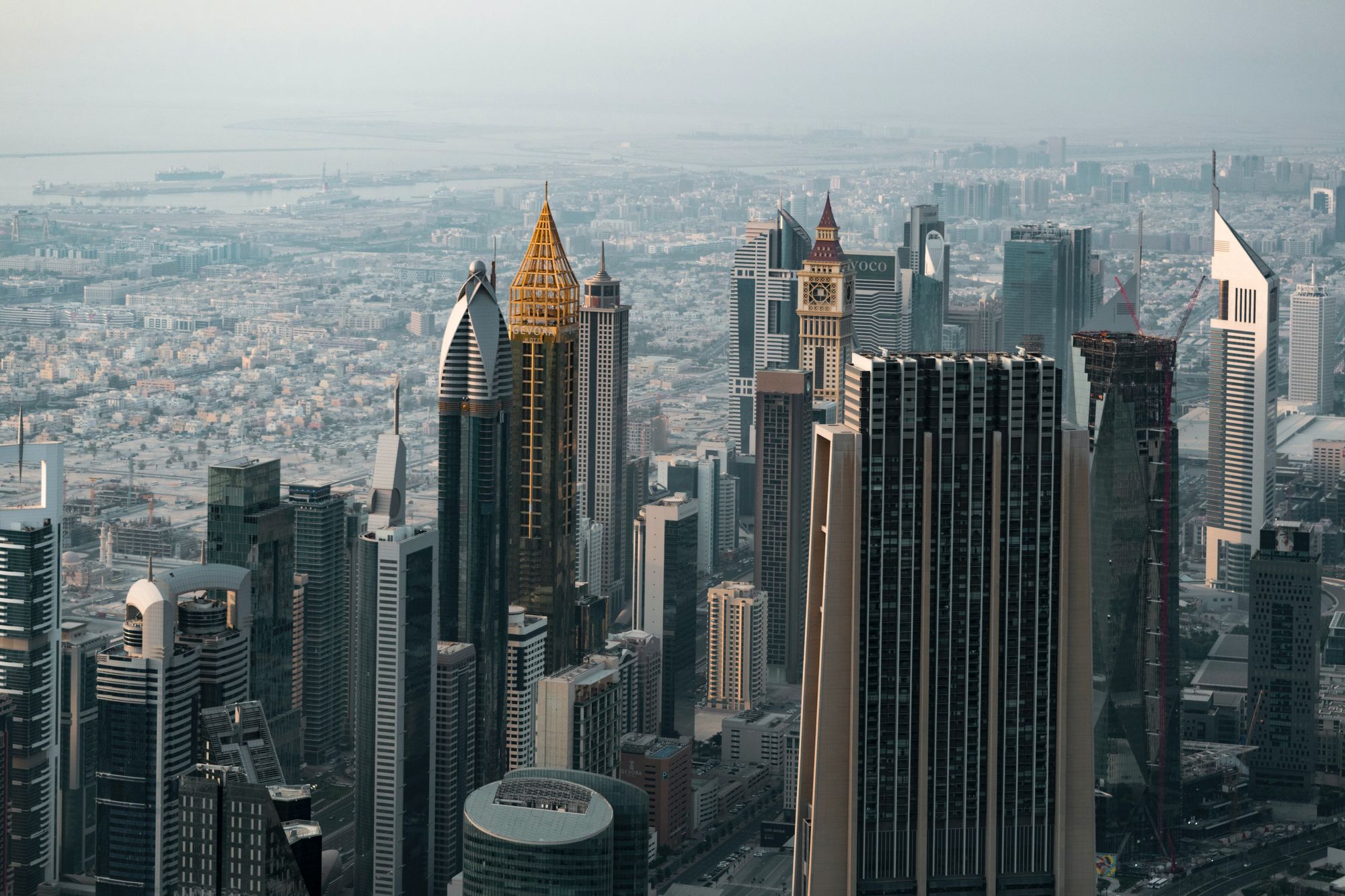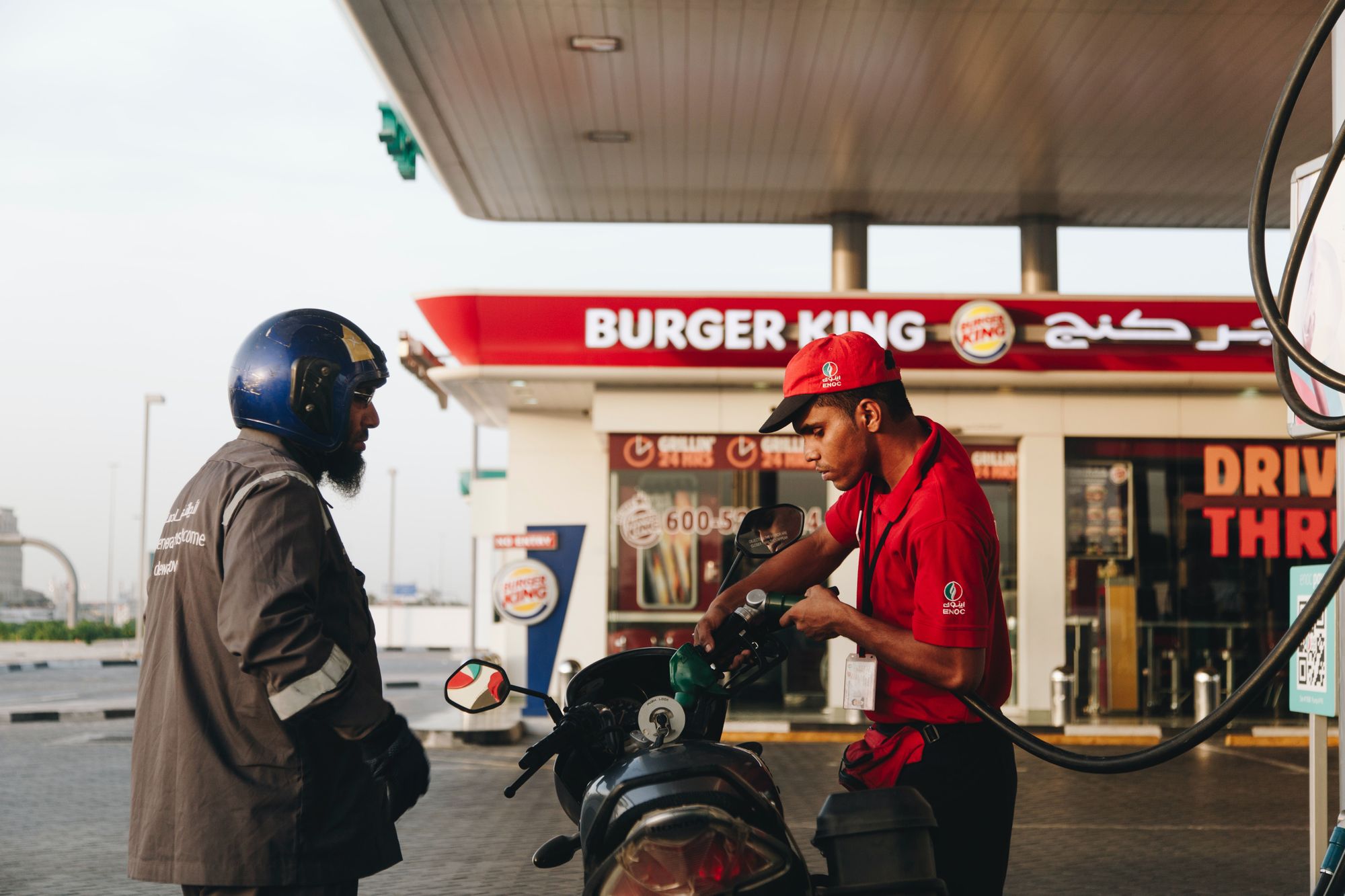Cities are the highest forms of human civilizations, developed with the sole purpose of improving economic efficiencies. However, in this race for economic scale, what has been lost is equity and environmental footprint. By 2050, it is expected that almost 70% of the world's population would be living in cities, and cities would account for three-fourths of the world's total greenhouse gas emissions. This is why a conscious effort by governments, private sector organizations, non-profits, and local communities is required to actively adopt measures that will help us achieve the Sustainable Development Goals by 2030.
The Future for Cities
Globally, 70 cities have undertaken pledges to become 'carbon neutral' by 2050. If we take examples from the MENA, we have cities like Amman in Jordan, which are committed to net-zero carbon emissions, capacity building, and resilience. The highly challenging nature of this endeavor means that only cities that have already incorporated renewables into their transport and electricity infrastructure and possess an integrated waste management system with a dedicated push towards recycling would be successful.
The other option for cities is to aim for low carbon emissions, with different countries seeking different reduction levels. Casablanca and some Turkish towns have pledged to reduce their emissions. Dubai has made its mobility networks more energy efficient, incorporated renewable energy sources in buildings, and introduced green retrofitting, i.e. upgrading existing facilities to reduce water and electricity use hence decreasing utility costs.
What is Stopping Cities?
1. Incentives - It is always a bonus when energy security and energy efficiency through renewables align perfectly, as is the case for Dubai.
- In an oil-producing country in the middle east, the challenge is diversifying energy resources and reducing the extremely high carbon footprint.
- A non-oil producing country like Jordan, which has to import close to 96% of its energy from its neighbors, must focus on securing its energy sources to reduce the import burden.
In cities where finances are low, there has to be a strategic implementation of measures that can yield multiple benefits instead of a singular benefit.
2. Finances - Citing economic development as a priority, investments required to make cities more sustainable are seen as additional overhead costs. The zero-carbon route consists of incorporating the best urban designs along with advanced digital technologies.
In the current ecosystem, renewable energy is a space that has a lot of private players hence providing ample opportunities and scope for funding and investment. According to a report by UNESCO, since 2010 -
- Solar photovoltaic installation costs have fallen by 70%
- Wind energy costs have fallen 25%
- Photovoltaic batteries cost 40% less
There are technical challenges that involve decarbonizing existing infrastructure, such as changing mobility networks and urban retrofitting. However, private donations, public funding, and pledges by major corporations can help drive the process.
In a way, more impoverished cities have not enjoyed the fruits of urbanization. Hence their incentives to shift towards sustainable processes are different than wealthy cities, which hope to reduce their environmental impact while maintaining their economic prosperity at the same time.
The Bottom Line
Cities in the MENA region can move towards sustainability if there are higher levels of stakeholder engagement. People at the grassroots should be included in the decision-making process rather than a top-down approach where planners and experts dictate changes.
Faith-based organizations hold enormous economic power and can be key players in deploying this change. In Amman, mosques' decisions to become greener, supported by the Ministry of Religious Affairs, have actually resulted in excessive energy outputs being sold to the national grid. According to Karim Elgendy, the founder of Carboun, sustainability is still an elite conversation where all the communication happens inside an echo chamber. Efforts must be made via youth organizations, sustainability enthusiasts, ambassadors, NGOs, and the private sector to create more awareness in the MENA region.
Effective collaborations can help in more effective measures in the long run and translate into job creation opportunities.







